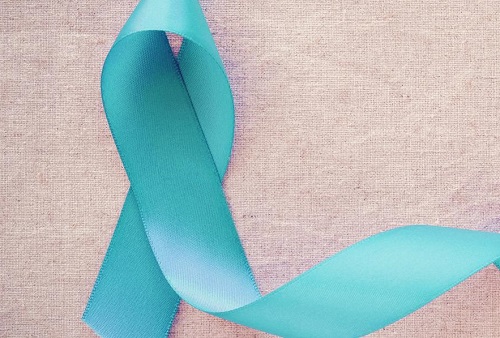April is sexual assault awareness month. Anyone, regardless of age, racial or cultural background, gender identity/ expression, sexual orientation, or socioeconomic status are potential victims. Make no mistake, sexual violence happens when consent is not freely given.
A Matter of Consent
According to the CDC:
- More than 1 in 3 women and nearly 1 in 4 men have experienced sexual violence involving physical contact at some point in their lives.
- Nearly 1 in 5 women and 1 in 38 men have experienced completed or attempted rape in their lifetimes.
Why are the numbers so high? Because our society has accepted subconscious truths about what is and is not considered sexual assault for too long. To put it simply, sexual assault happens when there is a lack of consent. This encompasses instances where the victim is unable to give consent or was presented with a scenario where they could not “refuse” including:
- Victim’s age, illness, mental or physical disability
- Victim was asleep or unconscious
- Victim was too intoxicated (e.g., incapacitation, lack of consciousness, or lack of awareness) through their voluntary or involuntary use of alcohol or drugs
- Victim was threatened with violence via possession of guns or other non-bodily weapons or due to physical violence
- Victim was threatened with physical violence, intimidation or pressure
- Abuser misused their position of authority (parent, relative, teacher, boss, etc.)
If consent was not freely given before the sexual act, then sexual assault has occurred, pure and simple.
Prevention and Support
As a society, it up to us to treat one another with respect. It all starts in the home, in my opinion. Teach your children to follow the National Sexual Violence Resource Center’s (NSVRC) I Ask campaign to facilitate the message that asking for consent is a healthy, normal, and necessary part of everyday interactions.
This movement reminds us that we must ask for and give consent before sexual interaction occurs. This includes electronic interactions (e.g. text messages, emails) and especially social media posts since they are often viewed immediately by the public at large.
Next, we must all practice what we teach, no exceptions. This includes being a sympathetic confidant when approached by a victim of sexual assault:
- Listen in a non-judgmental way
- Use only encouraging phrases (e.g. “I believe you”, “It’s not your fault”, “You are not alone”, “I’m sorry this happened to you”)
Get Help
Finally, if you are or someone you know is a victim of sexual violence get help.
- Contact the Rape, Abuse, and Incest National Network (RAINN) hotline at 1-800-656-HOPE. Help is free, confidential, and available 24/7.
- Contact your local emergency services at 9-1-1.
Timothy Dimoff – Speaker, National Expert, Author
Tim Dimoff’s engaging and thought-provoking presentations are sure to enlighten, inform and move you into taking action on such critical issues as workplace risks, substance abuse, security, and societal threats. Specifically, he can help you protect against becoming a victim with his presentations Street Smarts for Personal Safety and/or How to Successfully Invoke Situational Awareness. Feel free to contact Tim today to speak at your organization.
